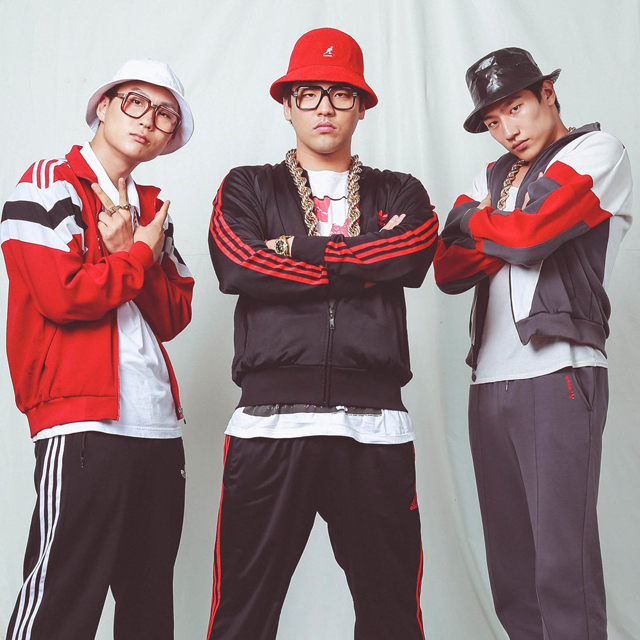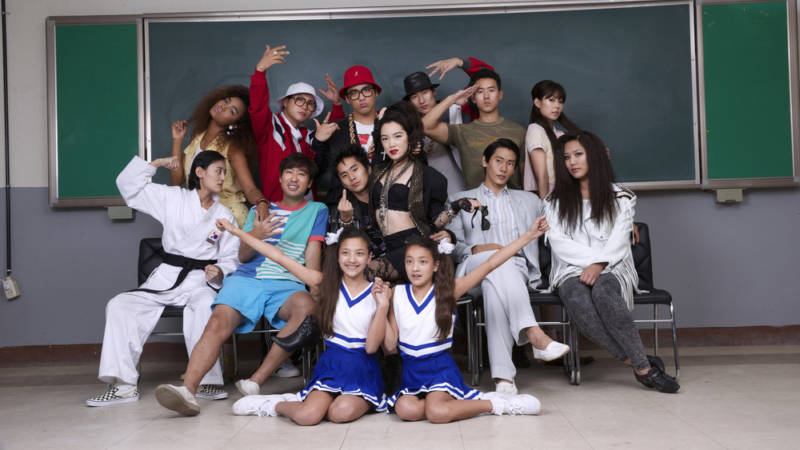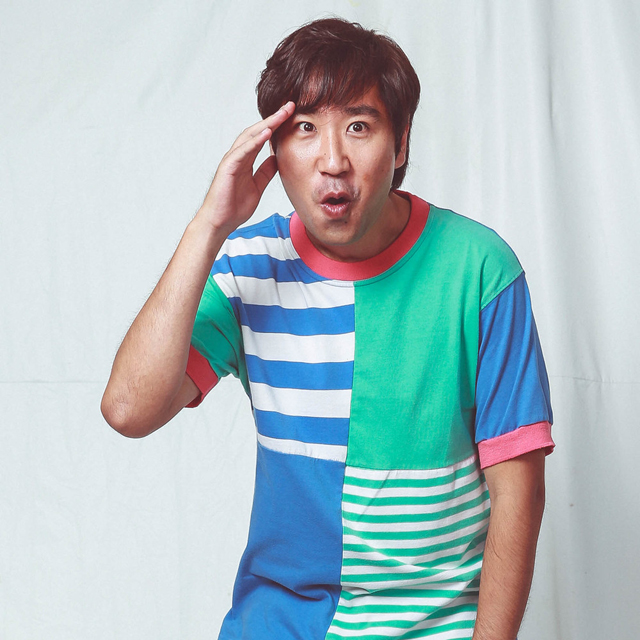Way back in the early aughts, director Justin Lin (of future The Fast and the Furious franchise fame) proved Asian American actors (including John Cho and Sung Kang) could play more than side characters with a line or two in the background — and that a film revolving around a group of Orange County Asian American high schoolers could be about more than high-achieving students with their eyes set on the Ivy League prize.
Better Luck Tomorrow, about bright, bored teenagers spiraling down a path from petty to serious crime was tough, violent and totally great. Roger Ebert went to bat for it in a well-publicized outburst at the 2002 Sundance Film Festival. MTV Films made it their first acquisition. Produced on an indie budget of $250,000, it grossed $3.8 million at the box office.

Bypassing the 13 years in which Better Luck Tomorrow became not a sign of the on-screen diversity to come, but a fondly-remembered fluke, and we arrive at Seoul Searching, filmmaker Benson Lee’s love letter to the John Hughes dramedies of his youth, replacing suburban Illinois with Seoul, South Korea.
While Hughes got a lot of things right about teenagerdom in the ’80s — ardent emotions, lingo, kick-ass tunes — Lee always bristled at his idol’s treatment of Asian characters, epitomized by Gedde Watanabe’s portrayal of “Long Duk Dong,” the clumsy, horny foreign exchange student from an unidentified Asian land. As a gleefully retroactive corrective, Seoul Searching depicts foreign exchange of a different kind: a camp where teenagers of Korean ancestry gather for a government-sponsored cultural heritage program. Think Birthright, but in 1986 Seoul.
To their benefit, the character types in Seoul Searching are a bit more complex than The Breakfast Club’s brain, beauty, jock, rebel and recluse. There’s a punk kid from Southern California, a fun-loving Mexican Korean lothario, a sensitive German Korean yuppie, a combative tomboy and three gold-chain-wearing rapper hopefuls, among others.



